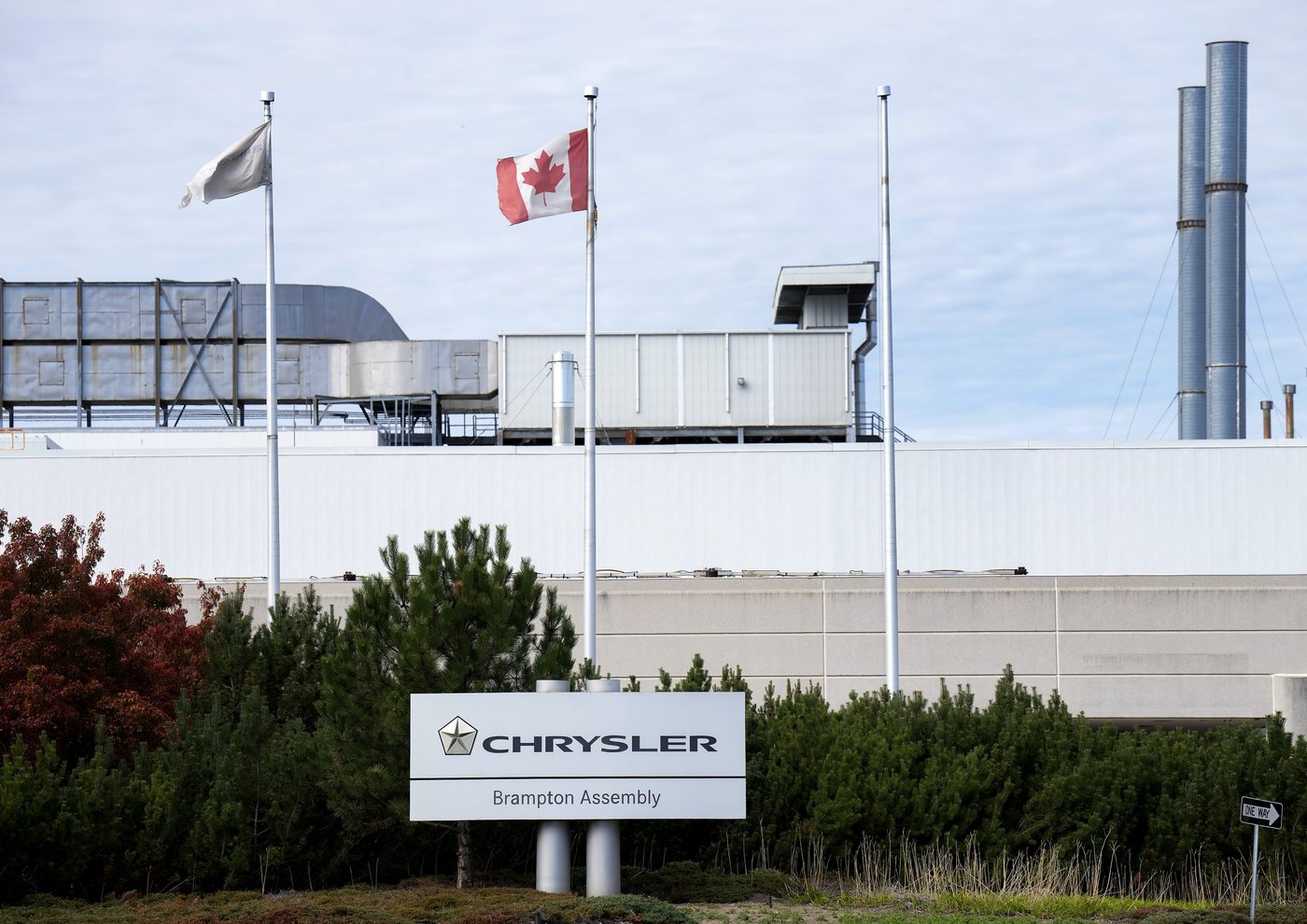OTTAWA — The head of Stellantis says a decision to move production of the Jeep Compass from Brampton, Ont., to Illinois was “not taken lightly.”
Speaking to members of Parliament during a House of Commons industry and technology committee meeting today, Stellantis president Jeff Hines said the company is looking at options to get laid-off workers back on the job.
“We recognize the impact that these decisions have had,” said Hines, who noted there are supports in place for impacted workers and that the company is offering transfer opportunities to other facilities.
The federal government said last week it’s limiting how many vehicles Stellantis and General Motors can import tariff-free after both companies cut back their Canadian operations.
Ottawa announced it was reducing the remission quota for GM by 24 per cent and the quota for Stellantis by 50 per cent.
In April, the government imposed retaliatory tariffs on certain U.S. goods, but carved out exemptions for some automakers to bring specific numbers of vehicles into the country, known as remission quota.
Ottawa said accessing the tariff-free quota came with terms requiring each company to maintain Canadian jobs and investment.
Noting that the company is offering transfer opportunities for workers, Hines said Stellantis wants to find a solution to provide laid off workers in Brampton with a “long-term, sustainable operation.”
The Brampton plant, which has been down since early 2024 to prepare for the new production line, had about 3,000 employees before it shut down.
Hines said the plant is “not closed” and that while workers remain laid off, the company remains committed to them.
“What we need I think the industry needs collectively is clearly some stability in trade conversations so we can adjust and invest accordingly,” Hines said.
Hines said the company isn’t looking to shrink its footprint and that it’s adding 1,500 new Canadian jobs to its Windsor assembly plant. He said Brampton employees get “first choice” at those additional jobs.
“We want continue to build vehicles in Brampton and we want to bring something that’s going to work, but we need an environment that allows us to do that,” Hines said, adding that the company has had conversations with the federal government over the last nine months about the challenges it has faced in response to tariffs.
Hines said that while the original plan was to produce the Jeep Compass in Brampton, the “market dynamics” that started nine months ago led to adjustments being made.
Without going into detail, Hines said he has seen “a couple of different potential options” for the plant in Brampton.
“When we get some stability to the current environment, I think it could do good things for the plant and good things for our customers across Canada,” he said.
This report by The Canadian Press was first published Oct. 29, 2025.
— With files from Dylan Robertson
Catherine Morrison, The Canadian Press











